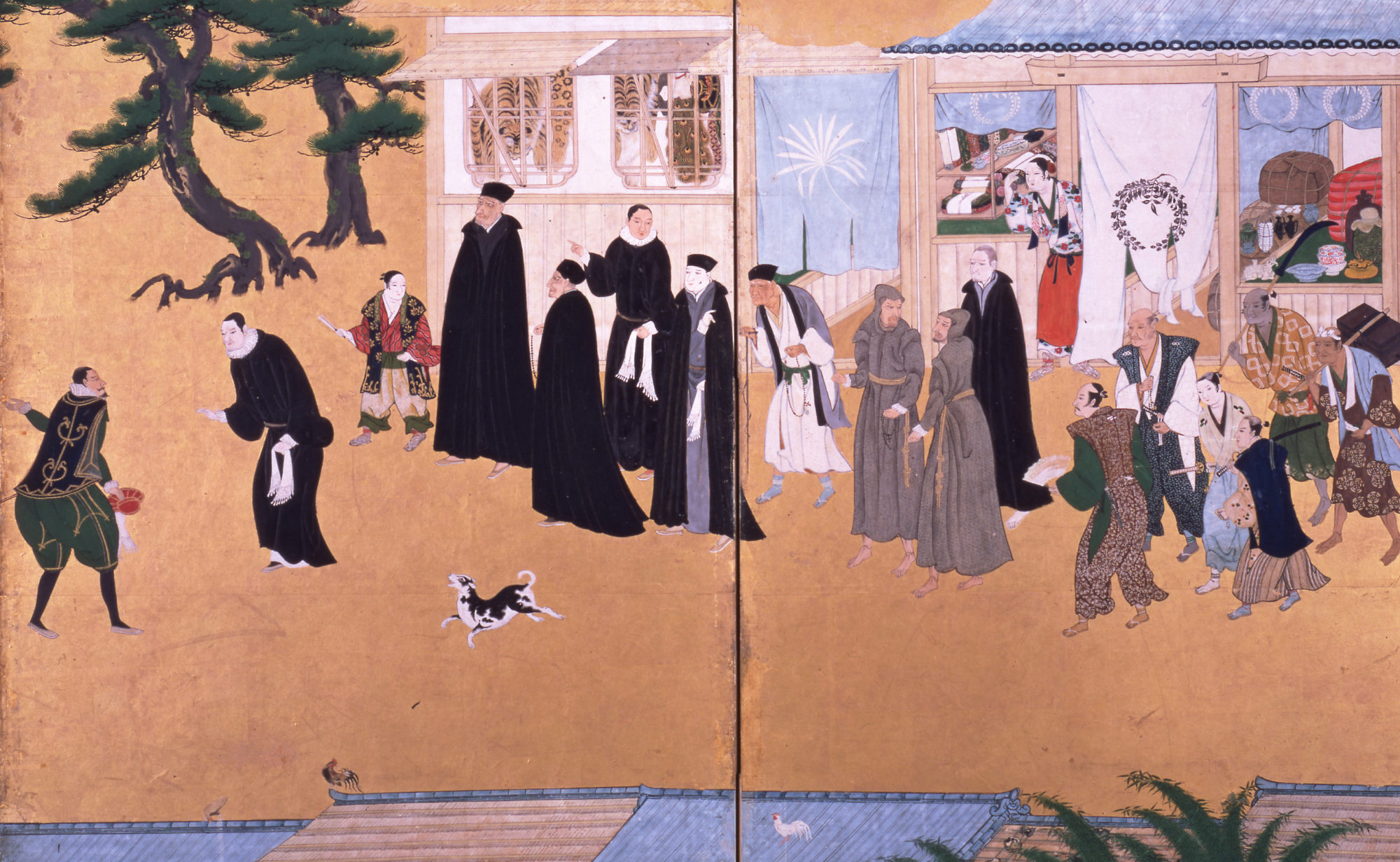Renaissance Society of America Annual Meeting
Saturday, 29 March 2014
New York Hilton Midtown, Concourse B
4:45–6:15 p.m.
Organizer: Hiro Hirai (Radboud University Nijmegen)
Sponsor: Japanese Association for Renaissance Studies (JARS)
Chair: H. Darrel Rutkin (University of Nevada, Reno)
Ken Nejime
The Immortality of the Soul in Japan’s Christian Century (1549–1650)
Christianity was introduced in Japan by the Jesuit Francis Xavier in 1549. Upon his arrival, he was struck to learn that the local Buddhist monks denied the possibility of life after death. For his evangelical activity, Xavier opted to emphasize the doctrine of the immortality of the soul, which was determined as an article of faith at the Fifth Lateran Council (1513). The Jesuits who followed him continued to work in this direction. Several important studies have shown that Europe saw lively debates on the doctrine of the immortality of the soul among religious orders and leading philosophers during the Renaissance. Disputes on the same issue between the Jesuits and the Japanese Buddhists show a striking parallel. This paper will thus address the religious and cultural encounter between the West and Japan in this period.
Jorge Ledo
Martyrdom, Orientalism and Christian Imagery: Japan in Early Modern Spanish Culture (1550–1650)
Scholars are increasingly challenging the traditional view of early modern Japan as an isolated realm, disconnected from the West. For example, interest in the mutual influence of cultures between Spain and Japan has materialized in a small, but significant, number of publications during the last decade. In my talk I will briefly introduce some key questions in this emerging field of interest. I will then tackle three emblematic aspects of the Spanish perception of Japan between 1550 and 1650: 1) the history of the Martyrs of Japan, whose concrete vision on the evangelical mission of the Spanish Crown often contrasted with that of the missionaries in the Americas; 2) the recreation and adaptation to European taste of some features of Japanese culture and aesthetics; and 3) the role of Japanese evangelizers in the New World.
Ryuji Hiraoka
Western Cosmology in Japan’s Christian Century (1550–1650)
It was during its “Christian Century” (1549–1650) that Japan first encountered Western natural philosophy via the Jesuit missionaries. This paper explores how and why these missionaries emphasized cosmology in their evangelical activities. My central argument is that the Jesuits considered cosmological knowledge a very effective “spiritual weapon” in the first stage of their conversion plan in Japan: 1) to convince the initiates on the superiority of Christianity over local religions by demonstrating the existence of God on a logical and rational ground, then 2) to instill more strictly Christian doctrines, and finally 3) to reach Baptism. Many textual evidences show that cosmological ideas were closely tied to the references to “divine design,” which are found in treatises on catechism. This was the distinctive character of the early Jesuit mission in Japan.
